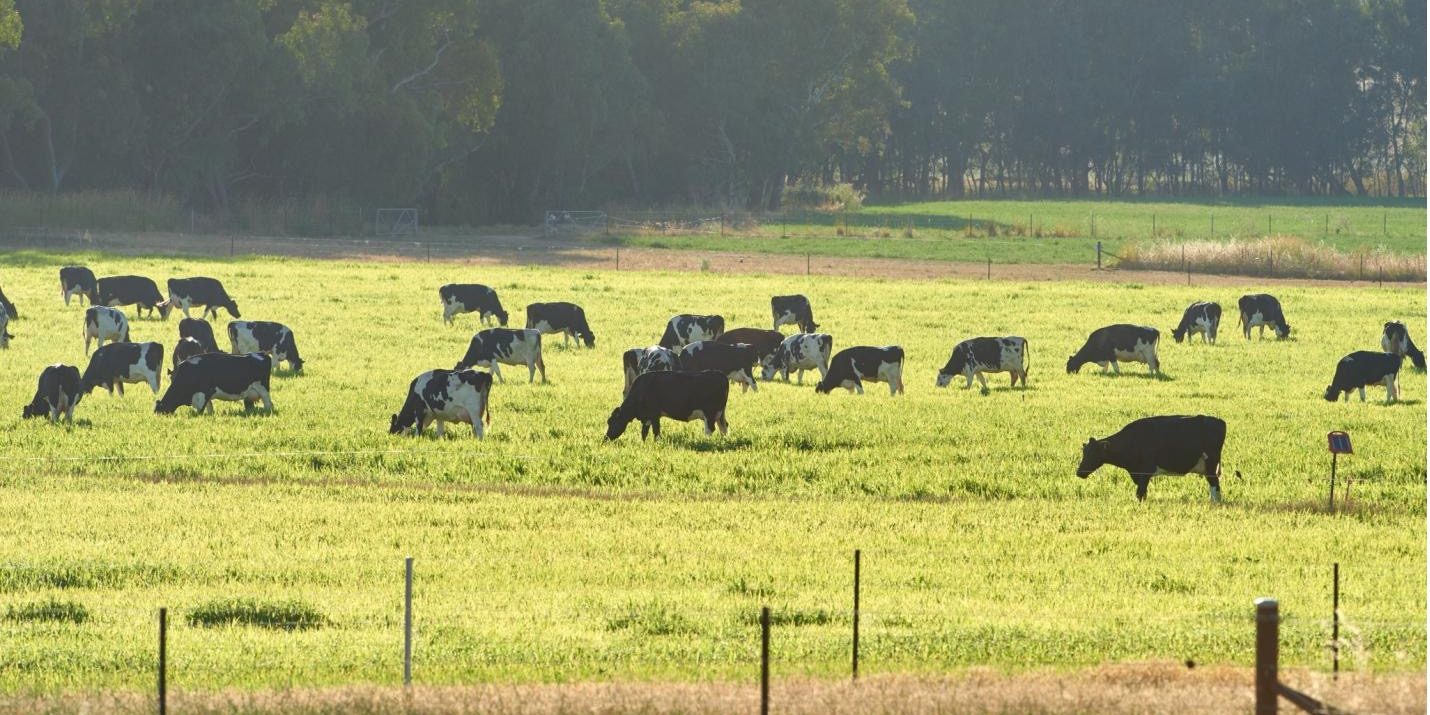When Hua Sae left his home in Honiara in July 2023 to join Australia’s Pacific Australia Labour Mobility (PALM) Scheme, he knew life would be different.
What he didn’t expect, however, was just how challenging—and rewarding—the journey would become.
Sae went to Australia to work at a dairy farm called Riverina Dairy Co, one of the largest and most modern dairy operations in the country.
It’s located just outside Corowa, in southern New South Wales.
The transition to Australian life was far from easy. Sae recalled that his first few weeks were the hardest, not only because of the cold winter weather he arrived upon but also because of the language and cultural barriers.
“Living and working here, I found it difficult at first,” he said. “English is not our first language, so understanding and communicating with the people I work with was not easy for me.”
Like many PALM workers, Sae lives in employer-provided accommodation. His self-contained house comes with essentials such as kitchen utensils, power, laundry facilities, and other necessities. But these comforts come at a cost—deductions are made from his wages to cover accommodation and travel expenses from Honiara.
“Before we came, we were told the deductions would continue for six months, starting from our first pay,” he explained. But event until today, there are still some small deductions from our pay.”
Sae’s normal working day begins early—often before dawn and he also works at night some days of the week.
“Working here is not as easy as one might think,” he said. “I wake up at around 5am., and when I first arrived, it was winter. My first weeks were really hard.”
At Riverina Dairy Co, Sae earns AUD 24 per hour, working long shifts—sometimes up to 12 hours a day. Despite the hard work, he appreciates that his pay rate is higher than what some other Solomon Islanders earn at different companies.
But not everything has been smooth sailing. “Me and my colleagues raised some concerns with our bosses, but they told us we must always abide by the company’s regulations,” he said.
“They reminded us that animal welfare is taken seriously here. If we mistreat the cows, even accidentally, we can face a misconduct warning.”
Over time, Sae has adjusted to life in Australia. He now feels more comfortable at work and praises his supervisors for their support.
“The bosses have been really kind and friendly to us,” he said. “They teach us well—how to do our jobs, how to manage our money, and how to adapt to the Australian lifestyle. They take good care of us.”
Like many Solomon Islanders under the PALM Scheme, Sae’s motivation is deeply rooted in family and community. Half of his fortnightly pay goes to savings, while the rest covers rent, groceries, and personal needs.
“I save one half of my pay in case of an emergency back home and to help my parents build their house,” Sae said.
He also supports his siblings’ education—one sister studying teaching at Solomon Islands National University (SINU), a brother training as an electrician at SINU, and another brother in Year 10 at Bishop Epalle School.
Sae’s experience reflects the challenges and aspirations of many Pacific workers in Australia—learning to adapt, working hard, and supporting loved ones back home.
“I’m pretty sure every Solomon Islander here under the PALM Scheme has their own goals,” Sae said. “For me, it’s about helping my family and building a better future.”
By AGNES MENANOPO
Solomon Star, Honiara









